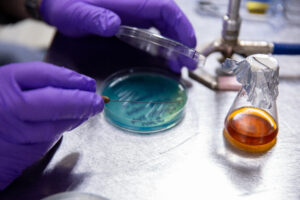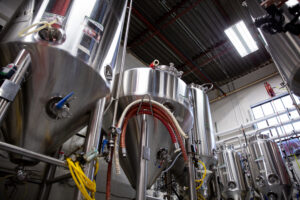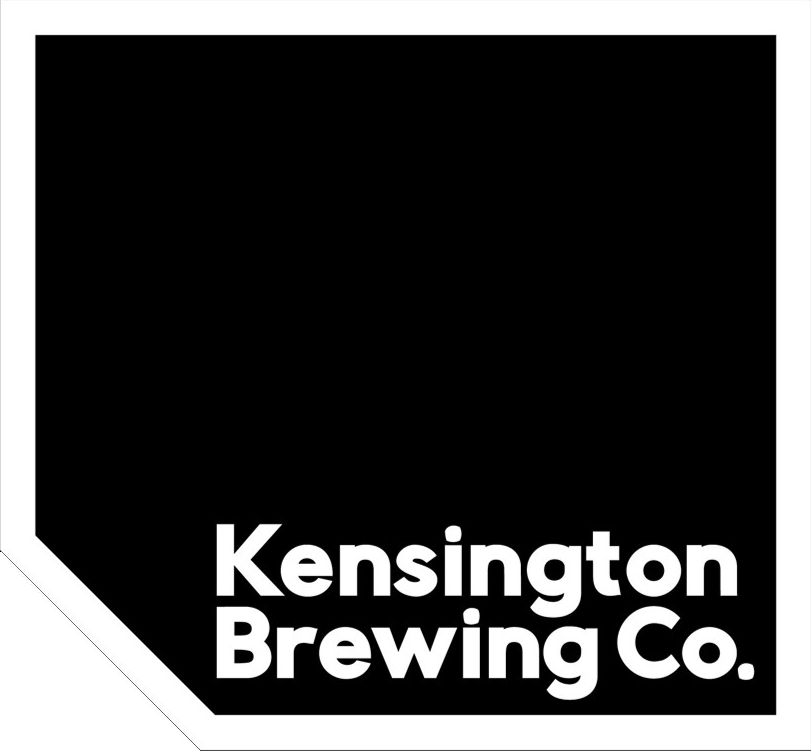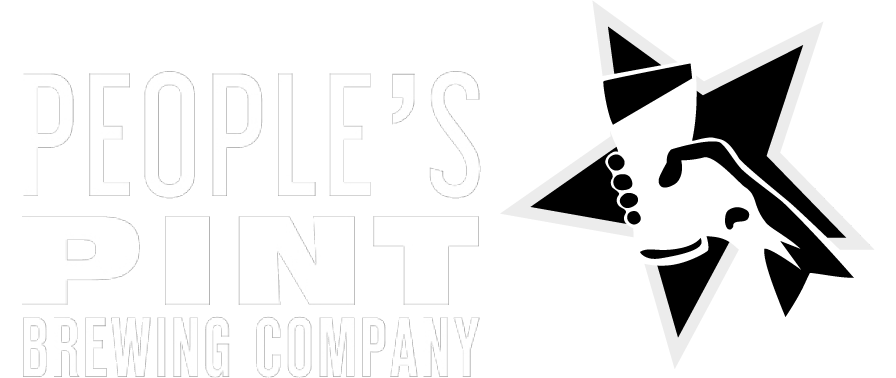By Leah Kitagawa
A few weeks back, I contacted Escarpment Labs to ask permission to use a couple of photos for this article. I was pleasantly surprised to hear back from the laboratories’ co-founder Richard Preiss, asking how he could help and offering to answer any questions I had. Before I dive into the Q&A, here’s a bit of background info on Escarpment Labs and what they do.
What is Escarpment Labs?
Escarpment Laboratories is an Ontario-based yeast lab that offers a wide range of liquid yeasts for craft brewers and homebrewers. Lab co-founders Richard Preiss, Angus Ross and Nate Ferguson initially met while working in a wine yeast lab at the University of Guelph. They soon realized there was a void for domestically produced liquid yeasts and in 2014 they opened Escarpment Labs – the first yeast lab of its kind in Canada.
Yeast has a huge impact on the overall flavour of beer, so high-grade healthy yeast is incredibly important to creating a tasty brew. Escarpment Labs has worked hard to create an Ontario terroir by producing high quality, locally derived yeasts. These uniquely Ontario yeast strains are in high demand, especially from craft brewers striving to use majority local ingredients.
The team at Escarpment Labs has earned their place as industry leaders because they are knowledgeable, innovative and also offer unparalleled customer support. So, without further ado, meet Escarpment Laboratories co-founder Richard Preiss.
What was the inspiration behind Escarpment Labs?
Back in 2014, we saw an opportunity to be a Canadian source for liquid yeasts, since no one else was doing it and the border presented some barriers to shipping costs and timelines. Moving forward, we’re inspired by the science of microbes to create amazing flavour combinations in our fermented foods and drinks. We’re excited to get to know fermentation better, and share what we learn so that fermented products (beer and beyond) can continue to evolve.
What are the advantages of using liquid yeast? Why is high quality yeast so important?
There are a few advantages to liquid yeast! The first is freshness. It’s possible to make a batch of yeast, QC [quality control] it, and get it to customers within a week of the batch being harvested. This means it is at peak performance for brewers. Also, the quality control standards for liquid yeast tend to be higher, as there are less steps involved in the manufacturing process. Finally, but maybe most importantly, liquid yeast can be produced at any scale, which means we are able to offer a wide range of different yeasts that produce different flavours, and are able to produce the right amount of each yeast for brewers!
How do Canadian craft brewers, especially local craft brewers, benefit from having access to domestically/locally produced yeast?
Practically speaking, brewers in Canada benefit from having lower shipping costs and buying in Canadian dollars when purchasing from us. But it’s so much more than that – we create strong connections and relationships with our brewery partners, helping them to innovate, learn, and improve their processes so that they can in turn create resilient, sustainable businesses that play a critical role in their local communities.
Do you have any yeast strains currently in development that you’re particularly excited about?
We’ve always got some aces up our sleeves! Recently, we’ve been really excited about our first hybrid yeast strain JÖTUNN, which is a genetic hybrid of saison and kveik yeast strains. It offers the best of both worlds to brewers looking to try something new in their farmhouse ales. We have also been recently dipping our toes into fermentations beyond beer, and launched a Sourdough Starter culture. This year you can expect more innovative products from us!
Can you share any insights into beer trends for summer/fall 2021?
We expect a very busy summer for craft breweries during the summer and fall of 2021. As a result, the biggest trend will be keeping beer on tap! We see solutions in our catalog such as KRISPY, which is a kveik yeast that brewers can use to make clean, lager-like beers in a fraction of the time. This will help brewers keep beer on tap during what is sure to be a busy summer season. We also think the trend toward healthier choices, including low and no-alcohol beer will remain strong.
What are some of your favourite local brews?
I personally am a sucker for great lagers, but I’ll try to remain agnostic:
- Royal City Exhibition IPA is a very reliable and balanced session IPA – their Regal Lager is lovely too.
- Sonnen Hill makes world-class mixed-fermentation saisons
- Wellington’s Sparkling Hop Waters have been hitting the spot when a non-alcoholic option is desired
